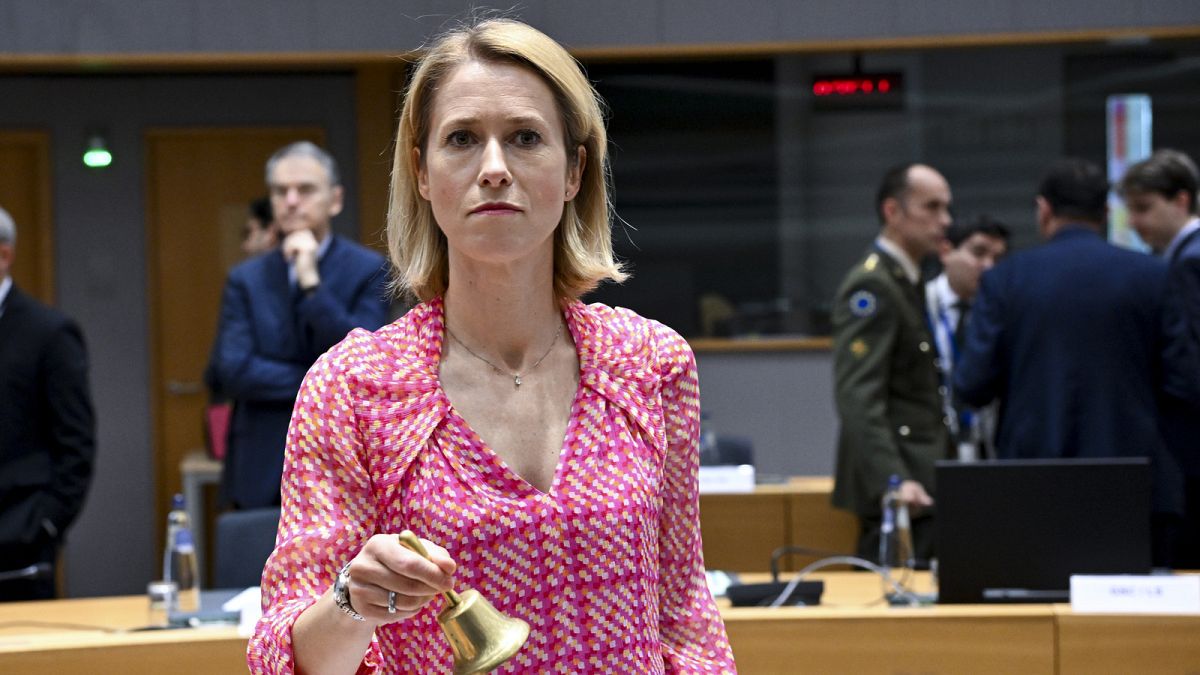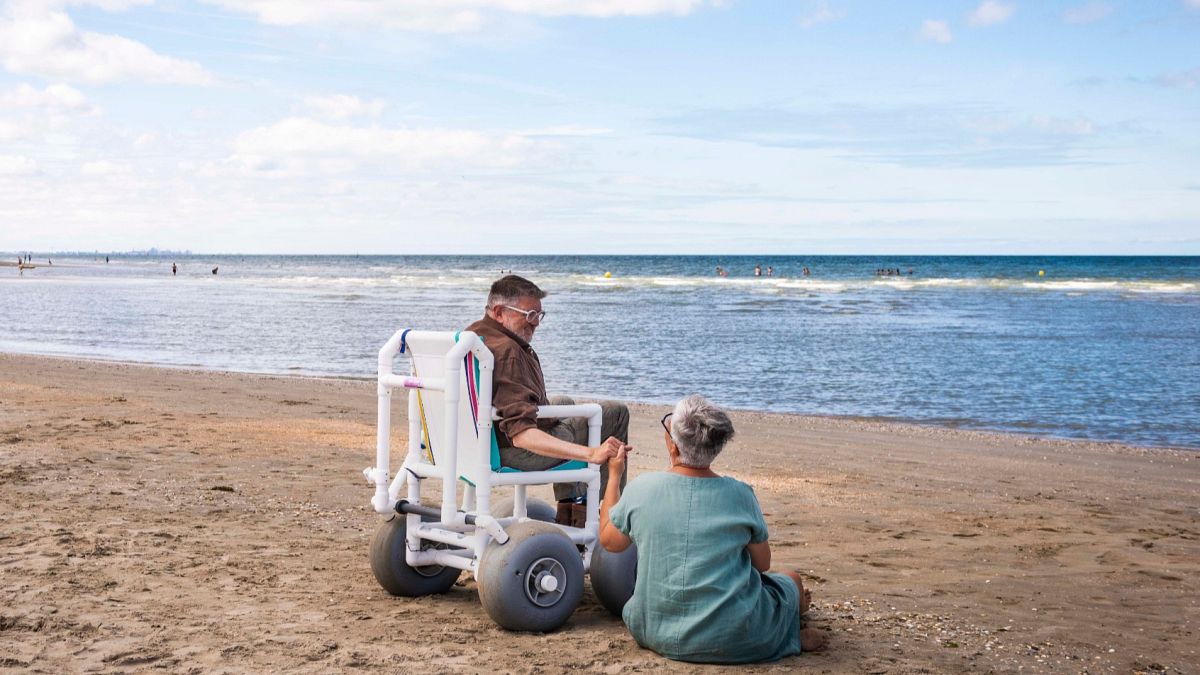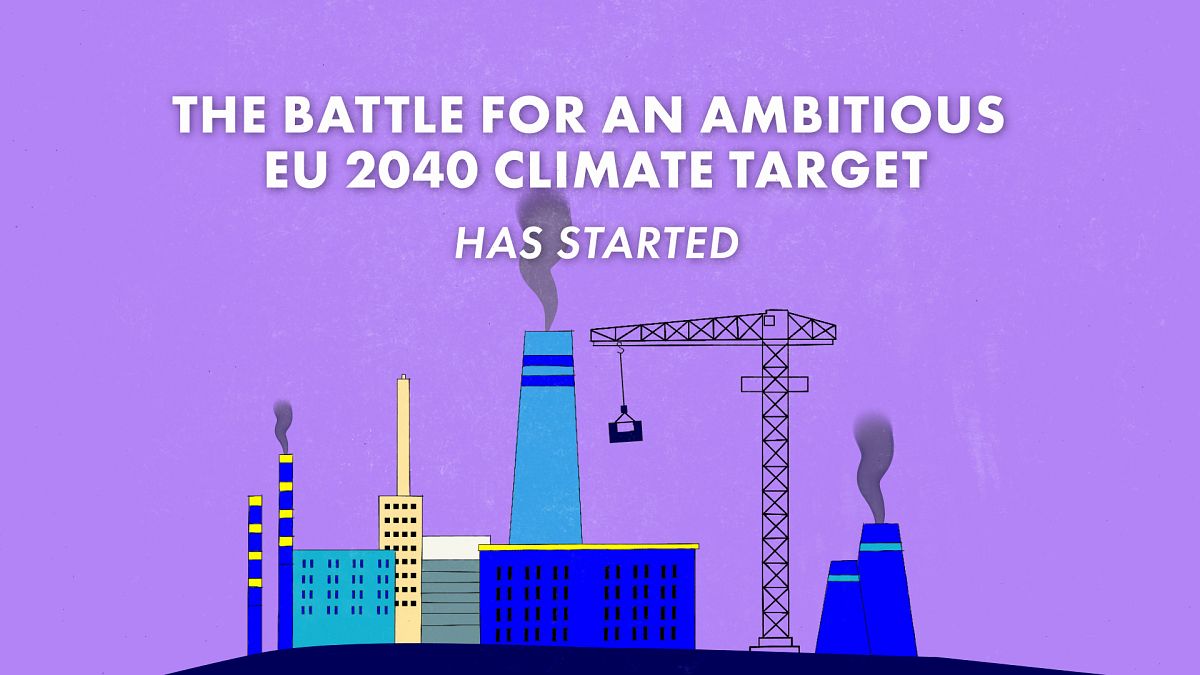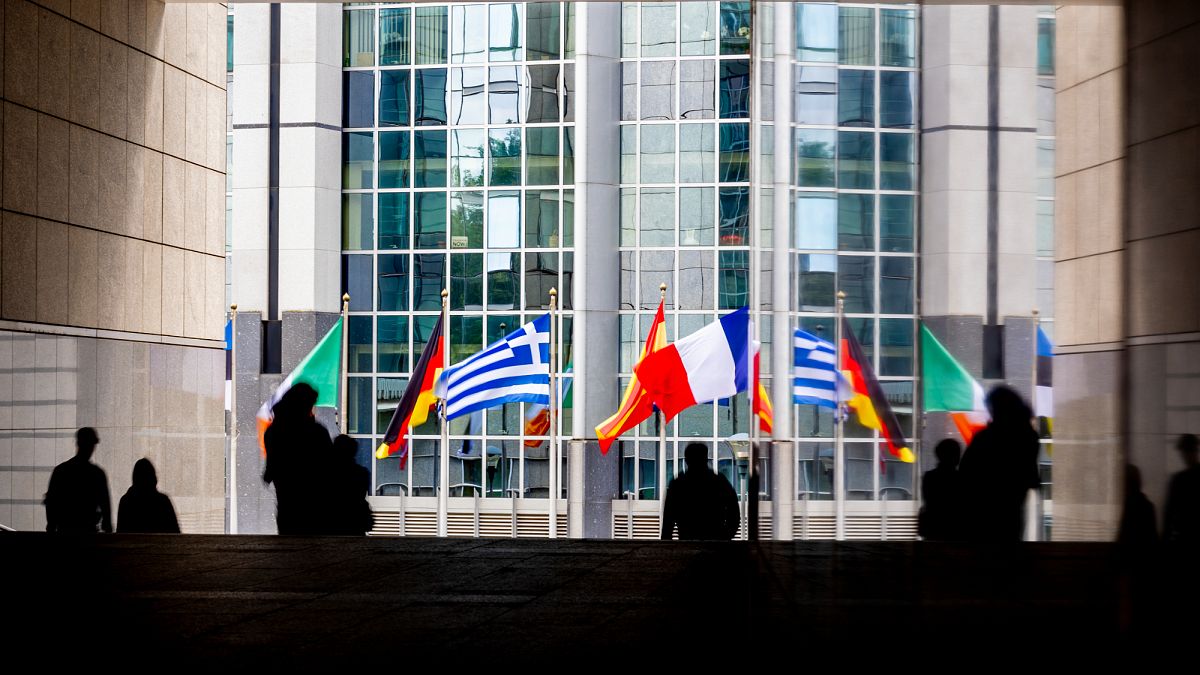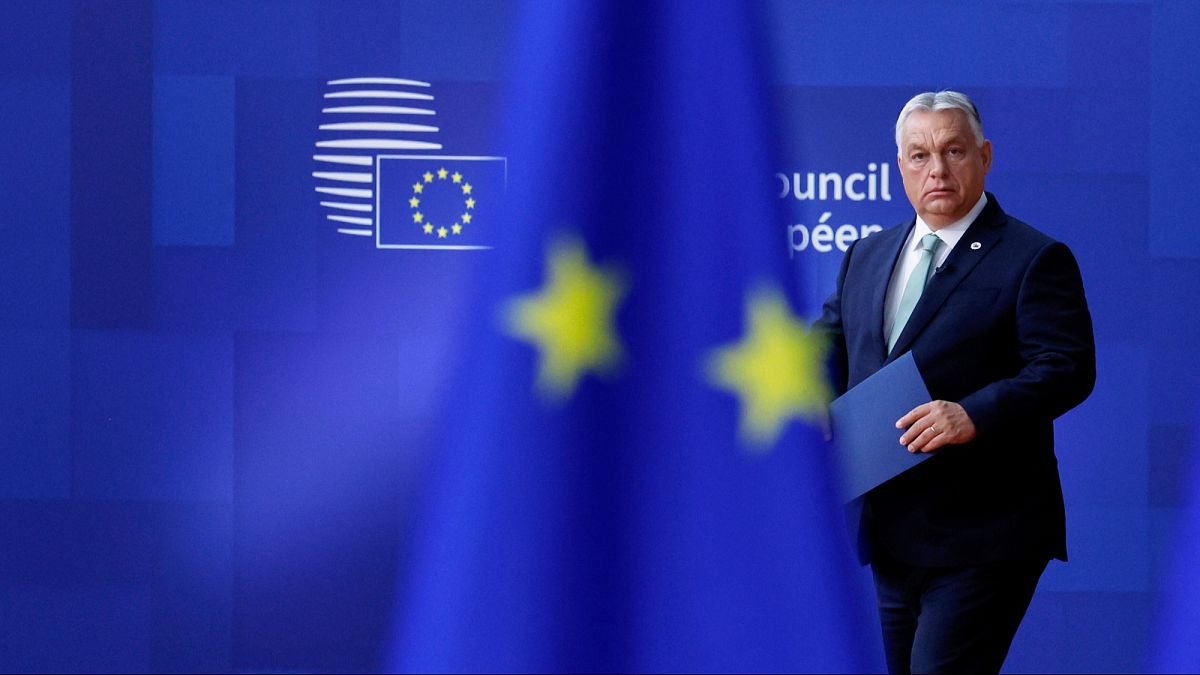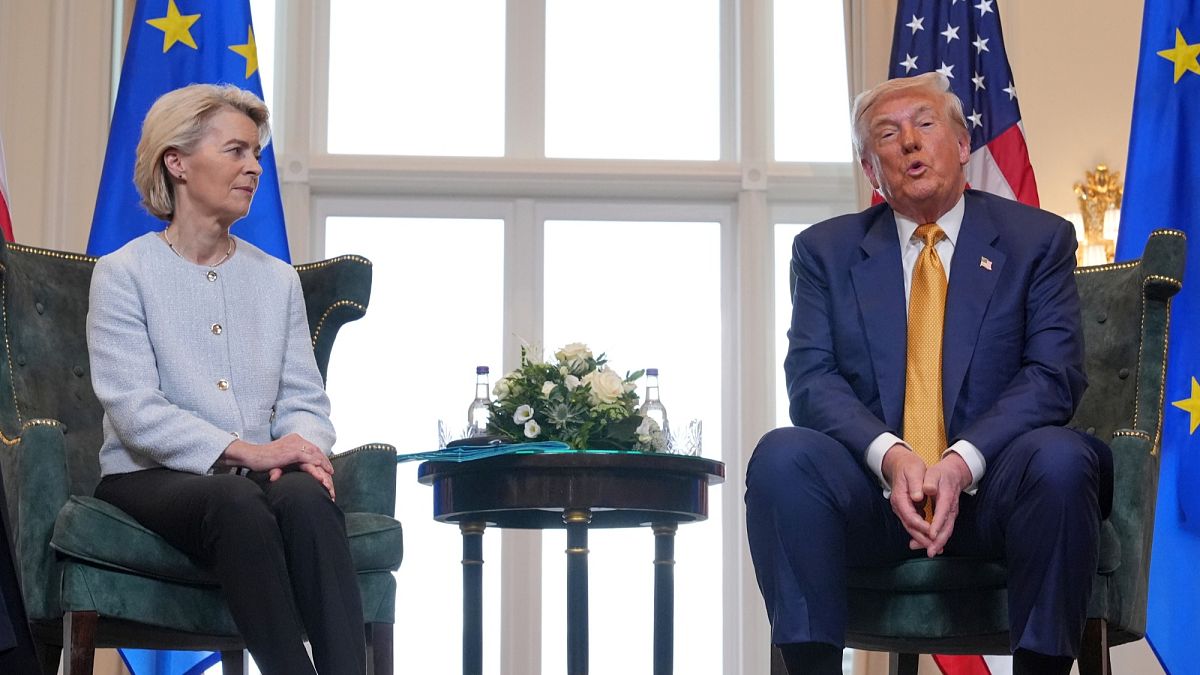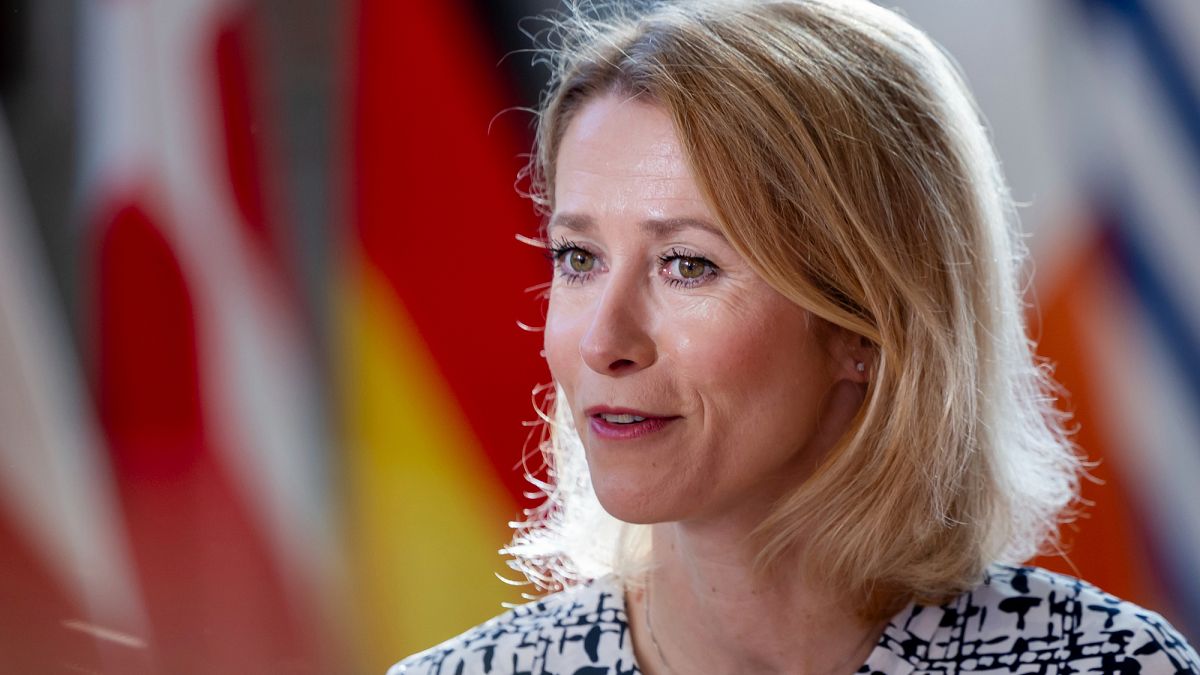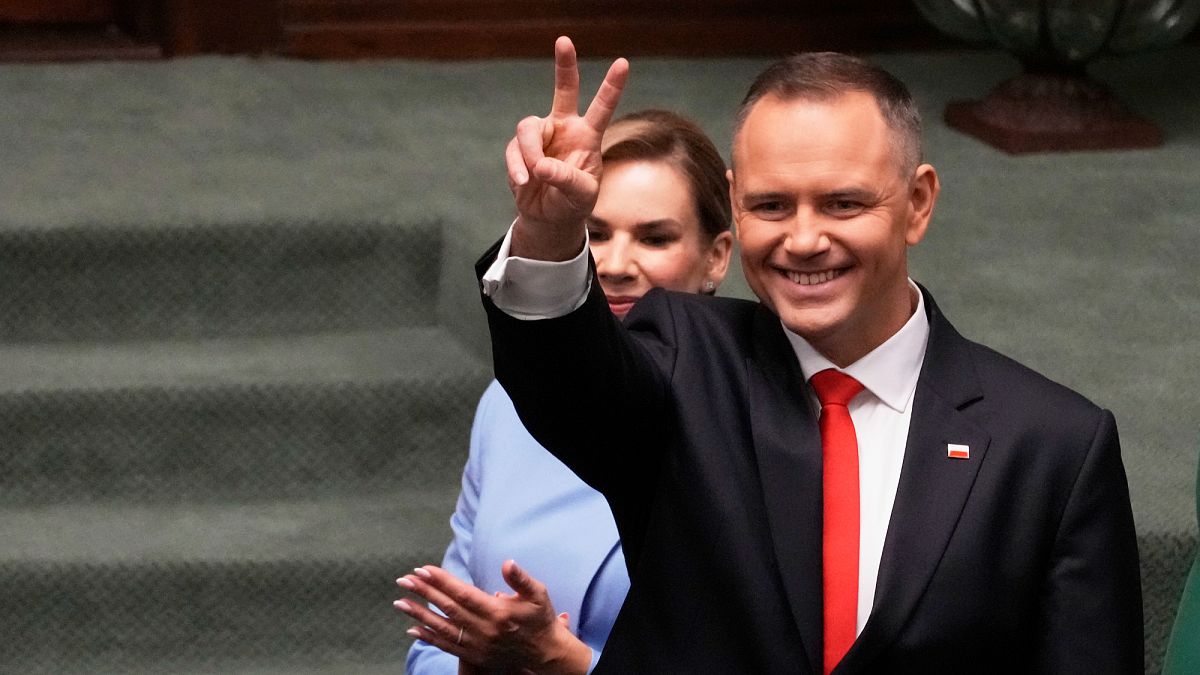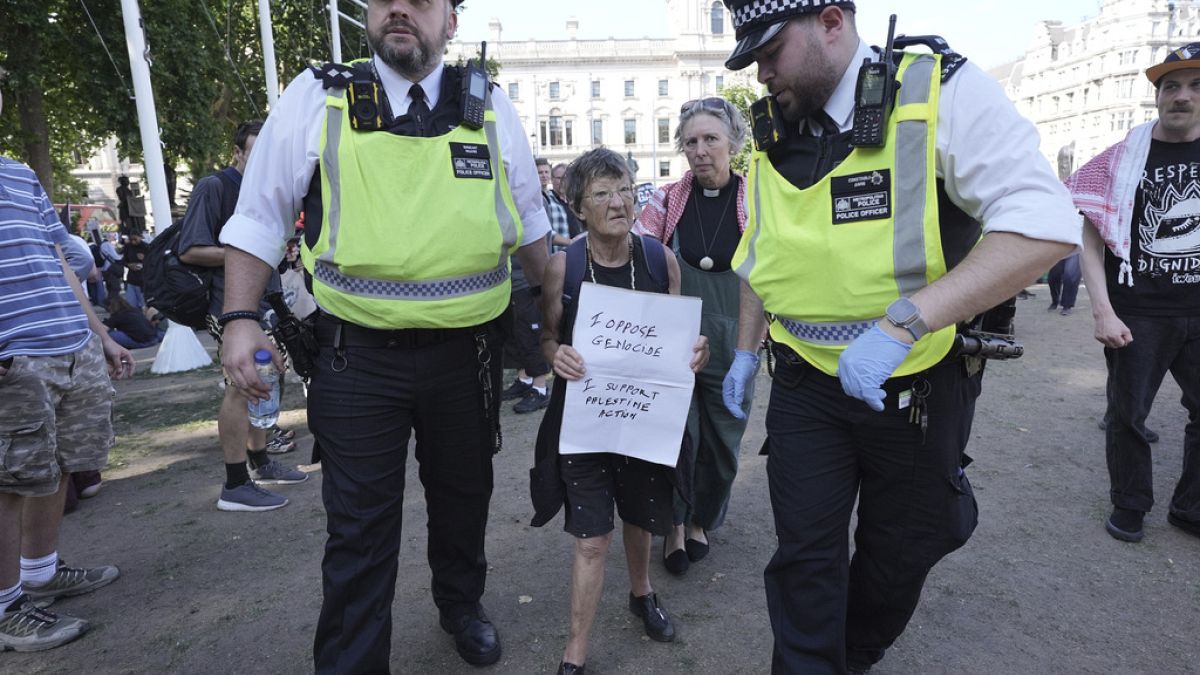The European Union will review its wide-ranging trade and cooperation agreement with Israel over its widened offensive in Gaza and its failure to fully lift a two-month aid blockade.
The decision came on Tuesday after 17 of the bloc’s 27 foreign ministers backed the move, tabled earlier this month by the Dutch foreign minister Caspar Veldkamp.
It means the EU executive will now launch a review to establish whether Israel has violated its human rights obligations under Article 2 of the EU-Israel Association Agreement, a broad-ranging pact that defines the trading and diplomatic relations between both sides.
“It is clear from today’s discussions that there is a strong majority in favour of a review of article 2 of our Association Agreement with Israel,” the EU’s High Representative for Foreign Affairs, Kaja Kallas, told reporters in Brussels.
“We will launch this review and in the meantime, it is up to Israel to release more humanitarian aid.”
Article 2 states that relations “shall be based on respect for human rights and democratic principles, which guides their internal and international policy and constitutes an essential element of this agreement.”
The EU is Israel’s biggest trade partner, with the trading relationship valued at more than €45 billion a year.
Ireland and Spain first tabled the prospect of re-opening the Association Agreement in a yet-unanswered letter to European Commission President Ursula von der Leyen 15 months ago, but failed to secure the firm backing of any other EU country.
But the move gained new momentum in recent weeks when the Netherlands, considered a firm ally of Israel, said that Israel’s “humanitarian blockade” on Gaza, where a limited quantity of critical supplies entered for the first time in more than eleven weeks on Monday, is in “violation of international humanitarian law” and therefore of Article 2.
Nine member states — Belgium, Finland, France, Ireland, Luxembourg, Portugal, Slovenia, Spain and Sweden — had publicly backed the Netherlands’ proposal ahead of Tuesday’s gathering of foreign ministers.
Austria, Denmark, Estonia, Malta, Poland, Romania and Slovakia also backed the review on Tuesday, according to diplomatic sources.
Another proposal to ramp up pressure on Israel by introducing further sanctions on Israeli settlers responsible for violence in the West Bank was backed by 26 of the 27 member states but vetoed by Hungary.
The Swedish foreign minister, Maria Malmer Stenergard, had suggested that she would go further and “push for EU sanctions against individual Israeli ministers.”
Earlier on Tuesday, the UK suspended trade talks and summoned the Israeli ambassador over what it described as the “intolerable” offensive in Gaza. It came after the leaders of the UK, France, and Canada threatened “concrete actions” if Israel did not halt its campaign and aid lift restrictions.
The EU’s position on the Israel-Hamas war in Gaza, triggered by Hamas’ attacks on Israel on 7 October 2023, has always been deeply divided.
Former EU High Representative Josep Borrell personally tabled the prospect of suspending ties with Israel back in November, which ultimately led to the convening of a closed-door meeting between the Israeli foreign minister and his EU counterparts.
In that meeting, chaired by Borrell’s successor Kaja Kallas, calls for reviewing Article 2 were completely muted as a ceasefire was in force in Gaza.
The eleven-week blockade on the entry of aid seems to have triggered a shift in thinking among the 27.
Top diplomat Kaja Kallas said that while Israel’s decision to allow a limited number of trucks to enter the enclave was “welcome”, it was a “drop in the ocean”.
“Aid must flow immediately and at scale,” Kallas said.
With additional reporting by Jorge Liboreiro



